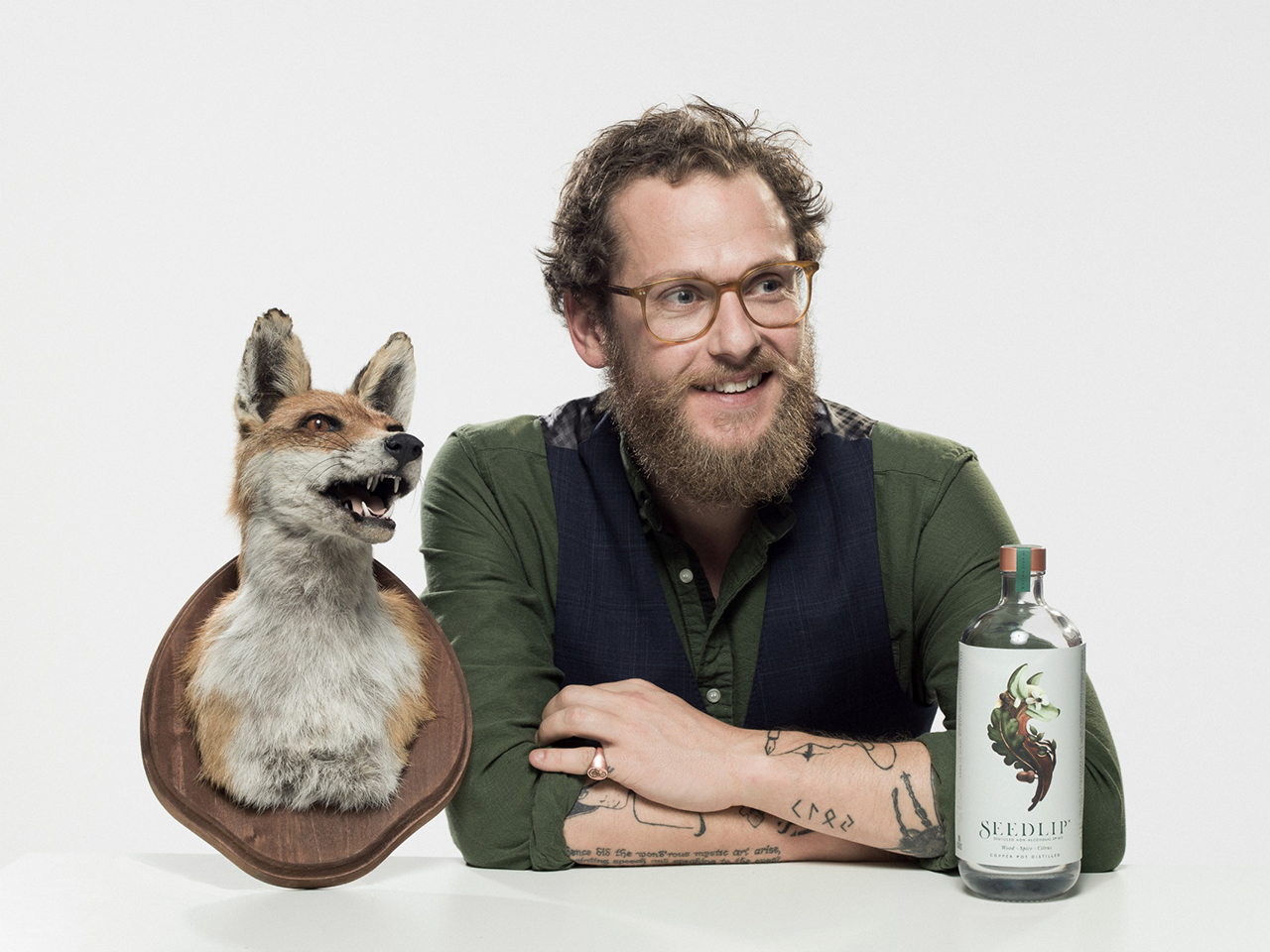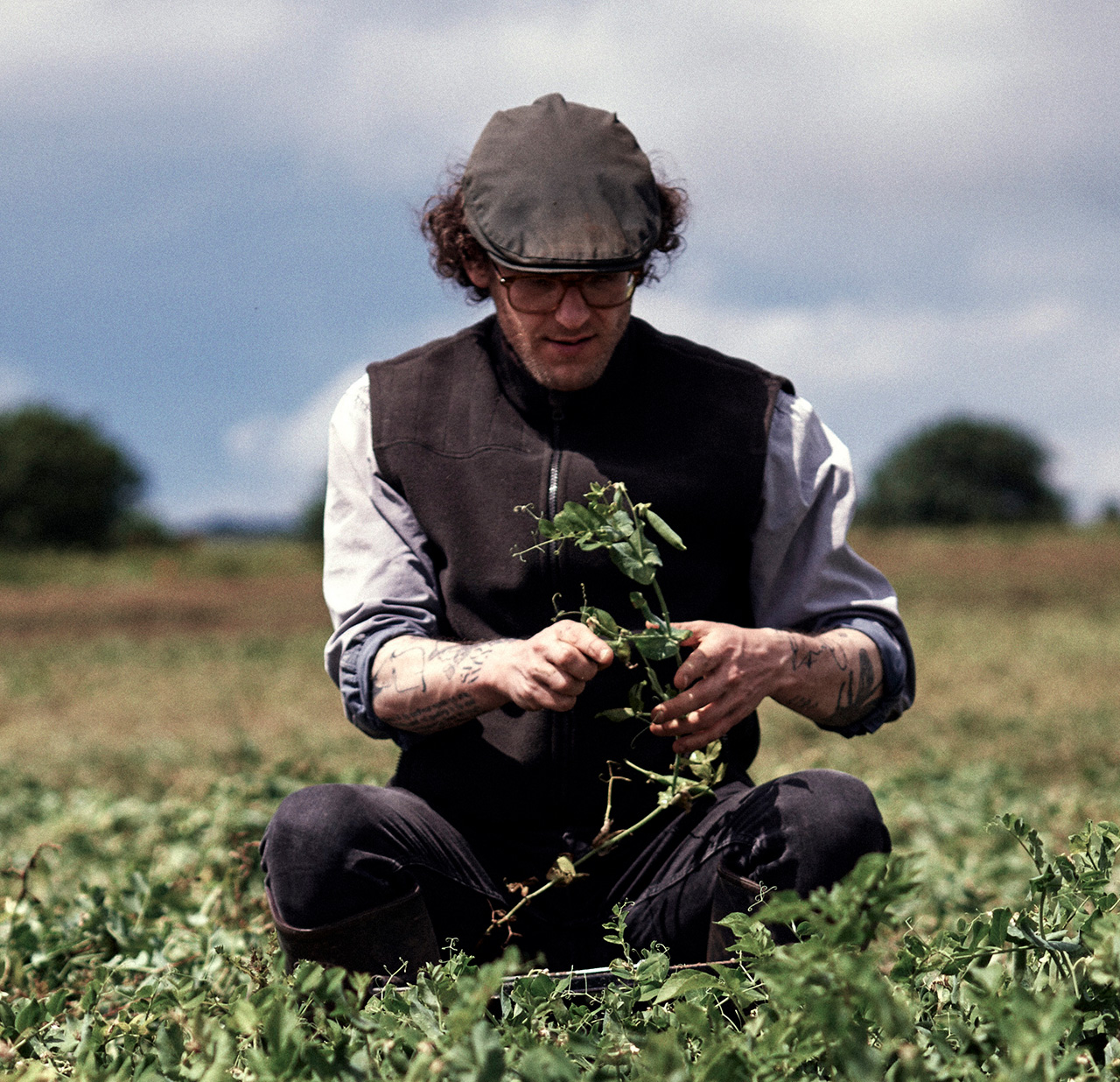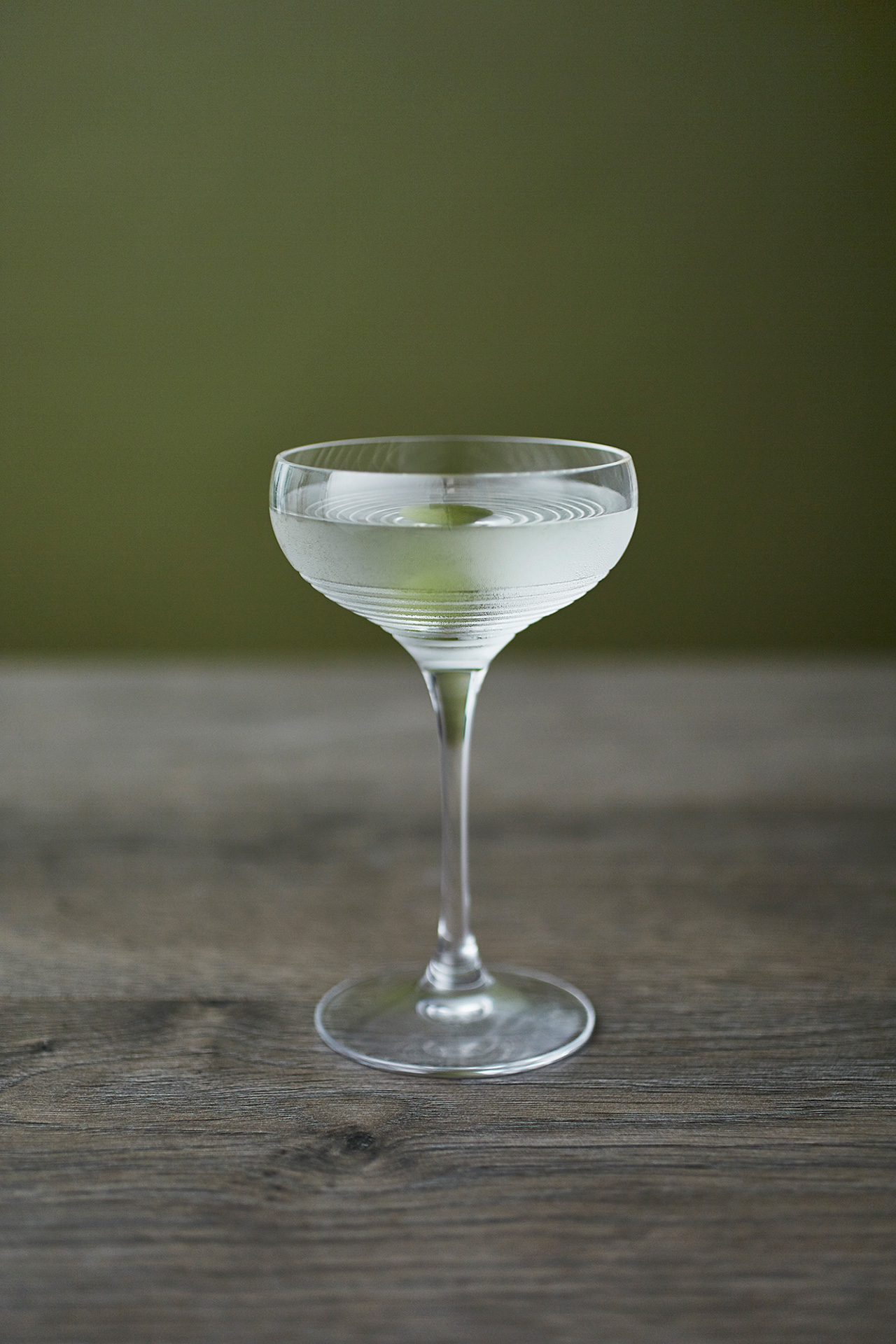News feed

Ben Branson, creator of the world’s first distilled non-alcoholic spirit, began by experimenting with recipes from the 17th century
Credit: Tom Oldham
It’s ten o’clock on a Friday morning and, in keeping with a long revered tradition in publishing, I’ve just fixed a cocktail at my desk.
It has all the all the complexity of a gin and tonic – tart and dry, redolent of cardamom, clove and citrus – but gone is the acridity, the feverish prickle and burn, of the spirit proper. In its place is Seedlip, the world’s first distilled non-alcoholic spirit, and if it weren’t for the proud disclaimer on the label – What to drink when you’re not drinking™️ – you might be forgiven for thinking that the weekend was getting started a lot earlier that might otherwise be advisable.
In a similar – albeit slightly more bucolic – fashion, Ben Branson was online researching herbs to grow at home when he first stumbled upon a digitised version of The Art of Distillation, or as it’s also referred to by its extended title, “A treatise of the choisest spagyricall preparations performed by way of distillation, being partly taken out of the most select chymicall authors of severall languages, and partly out of the authors manuall experience; together with the description of the chiefest furnaces and vessels used by the ancient, and moderne chymists: also, a discourse of divers spagyrical experiments, and curiosities, and of the anatomy of gold and silver, with the chiefest preparations, and curiosities thereof, and vertues, of them all.”
The 17th century compendium, compiled and published by the English physician John English in 1651, sparked within Branson, who of his own admission is “no stranger to arts and crafts”, a compelling curiosity. He went to visit the copy once belonging to King George III that today resides in the rare book section of the British Library, before purchasing a small three litre copper still for his cottage kitchen in the woods just outside a small town called Marlow in The Chilterns, an hour west of London. In the years since that first encounter, Branson has since sourced a copy of The Art of Distillation from 1664 that he is today the proud owner of. “It smells incredible,” he says, “Holding 350 years of history in your hands is truly magical. The book is a treasure trove of information, archaic and fascinating language and does include all manner of remedial concoctions.”
One of the most bizarre, he says, contains human flesh. One of several cannibalistic recipes, The essence of man’s brains, for example, calls for “the brains of a young man that has died a violent death, together with the membranes, arteries, veins, nerves, all the pith of the back” to be bruised in a stone mortar until it’s reduced to a kind of pap. Once it’s covered in wine and hermetically sealed in a large glass, it’s recommended that you then “digest it half a year in horse dung”, distill it in “balneum and cohobate the water” until the greatest part of the brain is distilled off. A ‘scruple’ or two of the essence taken in “some specifical water once in a day” provides “a most infallible medicine against the falling sickness.”
It’s an intoxicating, cerebral read.

Credit: Courtesy of Seedlip
“Initially I was just experimenting with some of the ingredients out of curiosity,” Branson, 34, tells GRAZIA of those early (vegan) ventures in home distillation. “Three months later I was out for a meal, wasn’t drinking, and asked the waitress what non-alcoholic options they had; her sad, apologetic face and answers was the moment all the dots joined and I decided to do something about it.” Borne of a family who began farming in the same century as English published his apothecary’s edict, Branson – formerly a graphic designer; Seedlip’s packaging is testament to as much – set about growing and foraging plants from his garden, taking things like acorns and blackberries from the woods and seeing what happened once they were subject to the months-long processes of distillation: cold maceration, copper pot distillation, blending, cold compound filtration and time – as much a six weeks each. During the second World War, the woods around Branson’s home were used as trench training grounds, meaning the forest floor is carved out with turrets and tunnels where ingredients like wild garlic grow with abandon. “It’s quite haunting and a very powerful place to be,” he says. It’s fitting then that from those woods he was able to harvest a kind of power of his own, propelling him forward to experiment with whatever ingredients presented themselves for consideration. “Wild garlic was a no-no and curry plant wasn’t a great success,” he recalls, “but all-spice berries and Japanese Sansho peppercorns were incredible.”
“I am immensely proud of my family’s legacy and want us to continue working with the land,” Branson says of the importance of maintaining his connection to the land his family has worked on for hundreds of years. “We have been farming for over 300 years and used baskets called Seedlips to hand sow seed back then. I grew up with an innate sense of how important the land is and a deep appreciation for the natural world so it’s important to me to continue this championship of nature in all that we do at Seedlip.” It’s that core component that means Branson views his venture not as a drinks company, but a nature-based one.
After two years of at-home experimentation, Branson hand bottled, labelled and delivered the first batch of 1000 bottles to Selfridges, the high-end London department store. It sold out in just three weeks. As the story goes, a second batch sold out in three days; a third went out the door in 30 minutes. It became clear to the budding entrepreneur that a market existed for world-class non-alcoholic beverages with none of the alcohol, sugars, sweeteners and calories of other alternatives offered to, say, someone looking for a night off on a Monday evening after work, a designated driver, or a pregnant woman. That he could commingle “my mother’s 300 year farming heritage and my father’s brand design expertise to rid the world of poor, fruity and sweet soft drinks and still offer people adult, complex cocktails if they aren’t drinking” made the revelation all the more sweet. Today, Seedlip encompasses two blends: Spice 94 and Garden 108. Spice, today’s breakfast cocktail, is warming, piquant even, with notes of oak and vibrant citus; Garden is vegetal, bright. One of its notable distillates is green peas hand-picked from Branson’s farm in Lincolnshire. Both are best served with tonic and a citrus twist.

A Seedlip Spice Martini: 50ml of Seedlip, 5ml of olive brine, 5ml of verjuice and an olive to garnish
Credit: Courtesy of Seedlip
In the 18 months since it first entered the market, Branson says that he has learned so much not only about himself, but about the world, the industry he moves in and about his first love: nature. [“Did you know that a koala’s fingerprints are exactly the same as a human’s!” he marvels.] No longer is Seedlip a one-man operation in Branson’s kitchen – today the operation has expanded to two distilleries, a farm and a bottler in Northern England. Branson, thankfully, no longer has to hand-label each bottle. “I like to think Seedlip and I have had to grow up fast,” he says. “We are a young company now selling in some of the most dynamic cities around the world. We are served in over 80 Michelin-starred restaurants, the three best cocktail bars in the world and now being available in Australia in a prestigious retailer like David Jones, it’s nothing short of surreal. My feet are firmly on the ground [but] my naivety is my secret weapon and we are proving that [non-alcoholic] options don’t have to be a compromise.”
In July of last year, Diageo, the world’s largest producer of spirits, took a minority stake in Seedlip. It marked their first investment in a non-alcoholic drinks company in the brand’s 258 years. The recognition not only of their investment, but the stocking of Seedlip in some of the world’s biggest bars – London’s Dandelyan; New York’s Dead Rabbit – and restaurants – Eleven Madison Park, recently anointed the world’s best – is “surreal, special and makes all the hard work worth it”, he adds. Though it’s the small victories from which he gains the most satisfaction. An email from a customer saying ‘thank you’; a tweet from a pregnant woman sharing her delight at having found something she can drink; watching the team with which he works grow and develop: “It’s these things, to me, that define success,” says Branson. A limited edition product, a laboratory and nursery at Branson’s farm and spreading the Seedlip to more people around the world are all on the agenda for the coming year. How does he celebrate those milestones – with the occasional champagne, perhaps?
“I don’t drink alcohol myself,” he says, but he wouldn’t decline a Seedlip Martini for that matter – the brand’s Spice blend, verjuice, olive brine – preferably mixed and served at The Savoy. I’ll drink to that.
Tile image: Tom Oldham
Cover image: Courtesy of Seedlip










